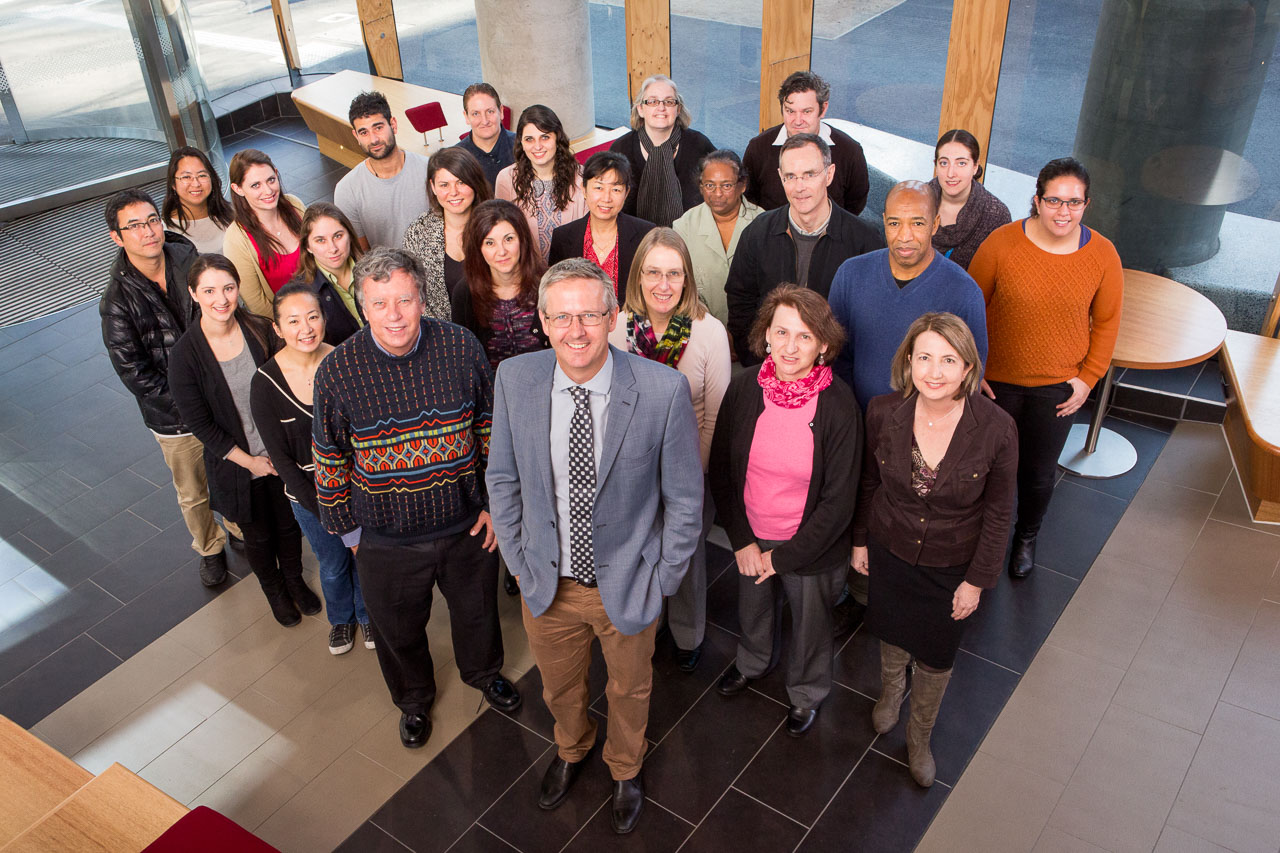A/Prof Norelle Sherry is a medical microbiologist and infectious diseases physician, and Deputy Director of the MDU Public Health Laboratory. She is the co-lead of the Laboratory and Surveillance Stream of the WHO Collaborating Centre for Antimicrobial Resistance at the Doherty Institute, and co-lead of the Doherty Antimicrobial Resistance Theme. She is also a clinician-researcher working in antimicrobial resistance, genomics implementation and public health microbiology in the Howden lab group.
-
Key Achievements
-
Lead of the paradigm-shifting 'Controlling Superbugs' studies (2017-2018 and 2022-2023) on genomics implementation for hospital infection control.
Studies in public health microbiology, including carbapenemase-producing Enterobacterales (CPE), and development of validated and accredited workflows for genomic AMR and TB AMR have impacted public health practice locally and beyond.
Deputy Chair of Communicable Diseases Genomics Network (CDGN), Australia/New Zealand and co-chair of the CDGN Variants of Concern Working Group, with significant inputs into COVID genomics in Victoria and nationally.
Publications
Research Groups
-
Howden Group
Research from Professor Ben Howden’s group uses genomics, molecular biology, epidemiology and clinical studies to address a broad range of issues related to invasive bacterial diseases in humans, especially those caused by staphylococci, enterococci and other antimicrobial-resistant species. Additionally, working closely with scientists in the MDU PHL, they investigate the epidemiology, evolution and spread of bacterial pathogens of public health significance such as Neisseria gonorrhoea, Listeria monocytogenes, Shigella and Salmonella spp., Legionella spp., and carbapenemase-producing gram-negative bacteria.
Lab Team

-
Director Of Microbiological Diagnostic Unit (MDU) Public Health Laboratory
-
Deputy Director, Microbiological Diagnostic Unit Public Health Laboratory
-
-
Computational Evolutionary Biologist (Bioinformatician)
-
-
Computational Microbiologist, Bioinformatician
-
Infectious Diseases Physician
-
-
Clinician Researcher and Infectious Diseases Physician
-
Infectious Diseases Physician | Medical Education Consultant | PhD Candidate
-
-
-
-
-
-
-
Robyn Lee
Research Fellow




